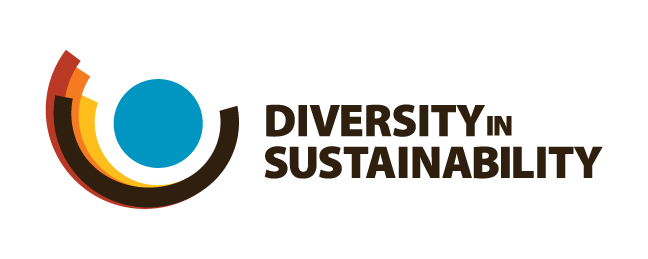It’s everyone against racism
COVID-19 is at the top of everyone’s minds right now. The disruption that it has had on the world has been severe: the unnecessary deaths and illnesses, the loss of jobs, the exacerbation of poverty, and the worsening of already festering societal wounds. The problem of racism, in particular, has made itself even more apparent, particularly how systemically embedded it has been for far too long.
Patrick Hutchinson, Pierre Noah, Lee Russell, Chris Otokito and Jamaine Facey provided a moment of hope through some very dark times. “It’s not White versus Black. It’s everyone against racism,” said Patrick Hutchinson. Photo Credit: The Sun.
Without the ability to socialize in person, lockdown has given us more introspection time. Very quickly, we realized that beyond educating ourselves to be actively anti-racist, to be culturally competent, we needed to do something in our little pocket of the universe of the sustainability profession. In a field that has a strong moral imperative to “save the world”, it caused us to wonder: how equitable is our field, really?
According to the UN, in a world where 80% of the world’s biodiversity is protected by Indigenous Peoples, how are we enabling them to continue their traditions which protect the land? In Canada, what are we doing to support the 94 recommendations from the Truth and Reconciliation Commission?
A survey conducted by the Yale Program on Climate Change Communication found that Hispanic/Latino and Black Americans are more likely to be alarmed or concerned about global warming.
A survey conducted by Dorceta E. Taylor looking at The State of Diversity in Environmental Organizations in the US, 4.6% of the members of the board and 12% of paid staff members were minorities.
A study assessing the workforces of sustainable, responsible, and impact investing mutual funds in the US found that representation was lacking. Black people made up 7% of the SRI population and 14% of the total population, while Latinx people made up 3% of the SRI population and 18% of the population.
People of colour are interested in working in this field. But being people of colour ourselves, we haven’t seen many of them, and we’d like them to join us to help broaden the perspectives we have, and the solutions we bring to bear for these intractable issues.
In the coming weeks and months, we’ll continue to have more discussions, reach out to more partners in order to get us up and running. We are registering for non-profit status, and also deploying our first survey to understand the landscape better. Stay tuned!

